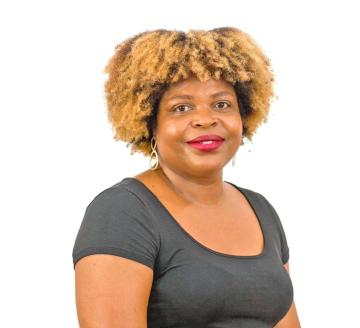Estherine Adams was scrolling through her Facebook account in late December, 2023 when she spotted a notification about submissions for the Guyana Prize for Literature.
Just a few hours remained before the deadline ended for submissions, and she had a manuscript that could be entered in the non-fiction category. She had done extensive research for her dissertation on the incarceration of non-white women in British Guiana following emancipation, and
she’d completed the tedious task of crafting her project into a manuscript.
Still, she wasn’t very confident that it was complete, particularly not for submission for the country’s most prestigious literary award. “I had thought about it (submitting the manuscript), but I felt that the work was not ready, not good enough. On the day of the deadline, I was scrolling through my Facebook feed when I saw the reminder on the Ministry of Culture’s page. It was the last day for submission, so I thought: ‘This must be a sign. I’m just going to send in what I’ve completed. I’ll use this opportunity to see if the manuscript is ready for publication’. I told myself that at least I will get some good feedback on what I need to work on to make it ready for the world of academic publishing.”
















